- What We Do
- Agriculture and Food Security
- Democracy, Human Rights and Governance
- Economic Growth and Trade
- Education
- Ending Extreme Poverty
- Environment and Global Climate Change
- Gender Equality and Women's Empowerment
- Global Health
- Water and Sanitation
- Working in Crises and Conflict
- U.S. Global Development Lab
-
Learn More
USAID’s global construction portfolio includes a broad and rich array of activities throughout the world.
-
Learn More
U.S. businesses are finding new opportunities through the U.S. Electrify Africa Act.
-
Learn More
Lighting Homes, Powering Businesses, and Creating Jobs in the United States and Africa
-
Learn More
USAID partners to finance power projects across East and Southern Africa
-
Learn More
New Faculty of Education building in Pakistan will “advance not only the quality of teacher training, but also the development and prosperity of Punjab.”
Improving infrastructure fosters stability and accelerates economic growth, particularly in countries recovering from conflict and disaster, allowing them to progress beyond assistance.
In many developing countries, basic infrastructure is failing, insufficient, or non-existent. Inadequate access to infrastructure is a key barrier to economic growth. It inhibits access to health care, education and markets. The lagging global economy and a spike in energy prices have put enormous pressure on public budgets in many USAID partner countries, stalling investments in new infrastructure and preventing needed maintenance.
USAID supports the design, rehabilitation and construction of energy, water, sanitation, transportation and communications infrastructure, as well as schools and health facilities in more than 60 countries. Particular emphasis is placed on construction and rehabilitation of infrastructure in conflict and disaster-affected countries, such as Afghanistan, Pakistan and Haiti, where improved infrastructure improves stability and fuels economic recovery.
More Than “Bricks and Mortar”
While the American people invest generously in the development of infrastructure projects in developing countries, this can only meet a small portion of the overall infrastructure needs.
To ensure the sustainability of development efforts, USAID helps to create strong local institutions to finance and manage infrastructure as well as the sound legal and regulatory environments to govern its operation and advancement.
Given the scale of investment required, private financing for infrastructure development is also required. Through USAID’s Office of Private Capital and Microenterprise, the Agency is working to attract greater private investment to infrastructure, including patient capital sources such as pension funds.
Delivering Results
-
With USAID assistance, Afghanistan’s newly commercialized national electric company in Kabul has reduced electricity loss, due to poor billing, illegal connections or inefficiencies, from 60 percent to about 35 percent, improving the long-term sustainability and reliability of the system for its customers.
-
On the island of Mindanao in the Philippines, a USAID-supported program has provided electricity to more than 13,000 households in 474 remote rural villages using solar photovoltaic cell and micro-hydro power systems.
-
In Jordan, one of the world’s driest countries, USAID supported the design and construction of a new wastewater treatment plant to meet the needs of two million residents of Amman and Zarqa. The plant is treating wastewater at a level that meets the standards for discharge into streams and river valleys.
-
USAID helped to operationalize Vietnam’s Telecommunications Fund (VTF), created through fees placed on telecommunication carriers to support the extension of voice and internet services. The fund now collects and distributes over $100 million annually and is responsible for the expansion of telecommunications services to millions of people living in rural areas. Through its Global Broadband and Innovations (GBI) program, USAID is working to improve the operations of similar funds in several other countries. Such funds allow partner countries to play a significant role in financing the expansion of internet services for their citizens.
-
With USAID assistance, Ukraine is privatizing four regional electricity distribution companies, which are currently unreliable, inefficient and in critical need of upgrades despite subsidies from the Ukrainian government. The sale is estimated to raise $100 million in funds for the Ukrainian budget, and will facilitate as much as $250 million in investment commitments to modernize outdated equipment and improve the reliability and viability of Ukraine’s energy sector.







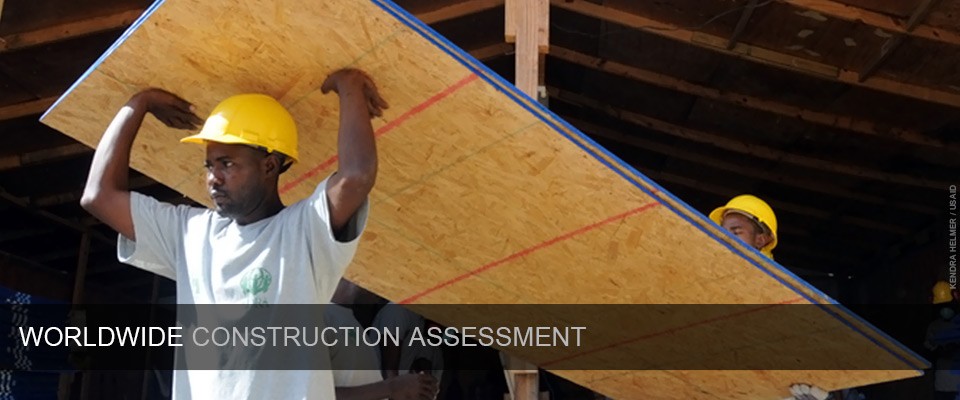
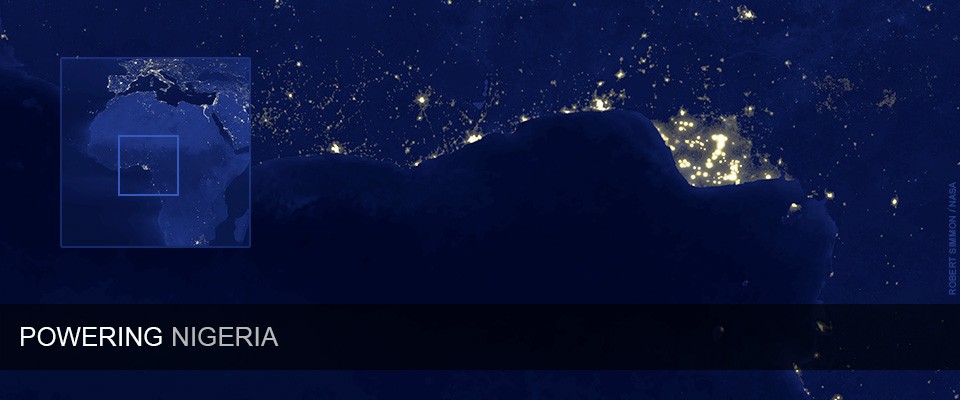
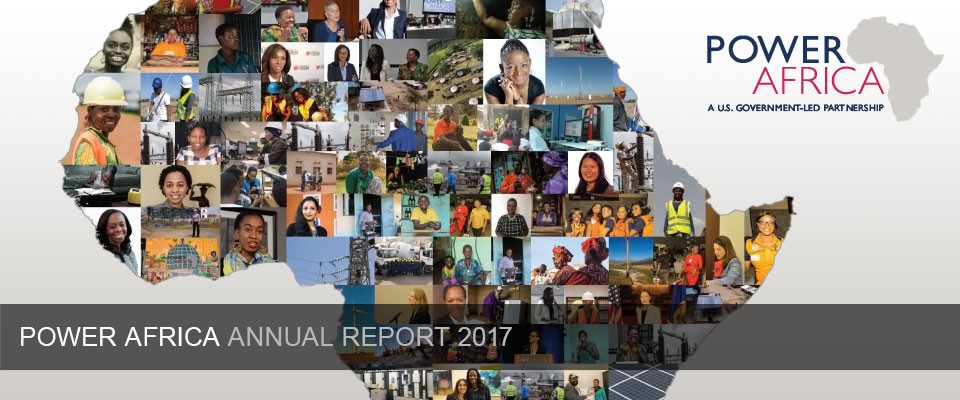
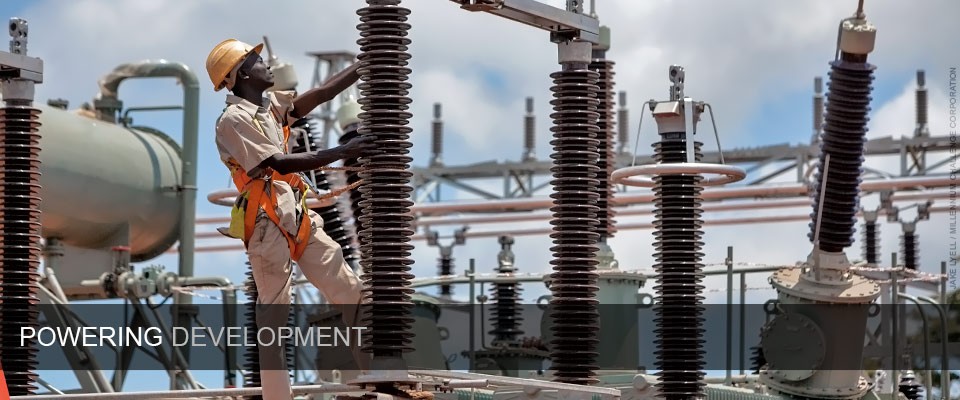
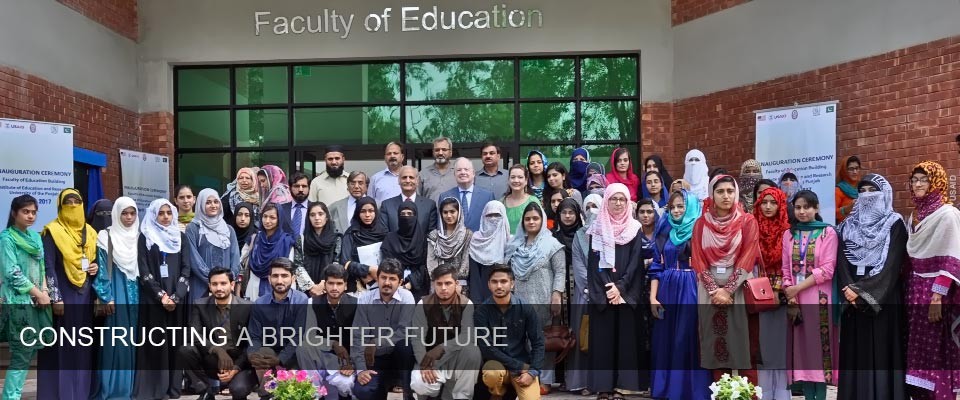


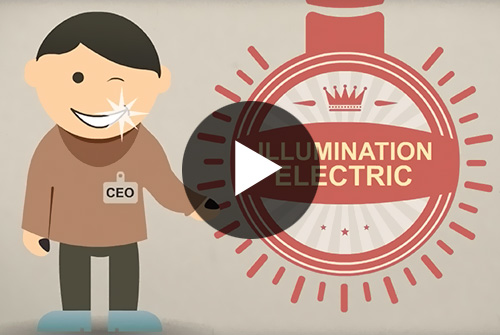
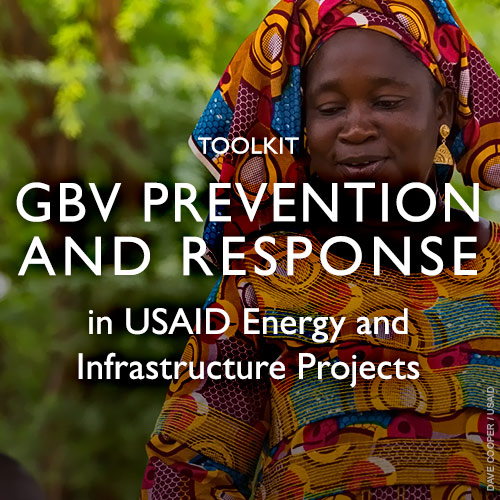
Comment
Make a general inquiry or suggest an improvement.